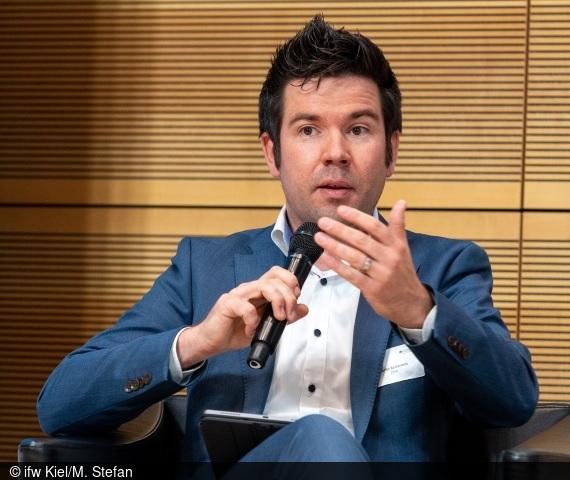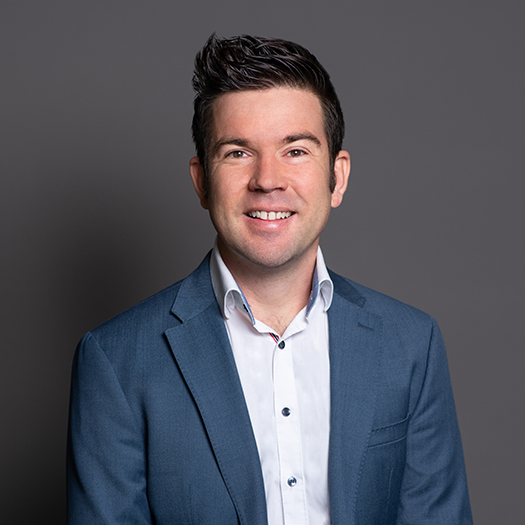Economics of Climate Change – ZEW Shows Strong Presence at BMBF Funding Measure’s Final Conference
EventsFor more than ten years, the Federal Ministry of Education and Research (BMBF) has funded scientific projects in the field of “Economics of Climate Change”, in which economists investigate efficient ways to achieve climate goals. At the final conference of the funding measure on 30 and 31 May in Berlin, ZEW underlined its prominent role in the German climate economics research network, with ZEW researchers presenting seven projects and co-organising two breakout sessions, and Professor Martin Kesternich participating in the concluding panel discussion.
In a varied programme, the conference offered the more than 200 participants from science, politics, business and civil society a compact overview of the results of a total of 29 research projects carried out nationwide, linking them to current climate policy issues. The dialogue focused on the challenges for a scientifically based climate policy and the role of economic research in the social transformation process.
Ten years of climate economics research with strong practical relevance
Thomas Sattelberger, Parliamentary State Secretary at the BMBF, opened the conference and emphasised that theory and practical relevance, climate economics research and its concrete implementation in practice must be closely interlinked, as has been successfully done for over ten years in the funding priority “Economics of Climate Change”. The focus of the conference was then on the presentation and discussion of the project results. This took place in thematic poster sessions, panel discussions and breakout sessions, which brought researchers and stakeholders together for an intensive dialogue.
Ten ZEW researchers from the departments of “Environmental and Climate Economics” as well as “Digital Economy” presented the results of seven research projects that were successfully carried out under the funding measure. In addition, two breakout sessions were co-organised by ZEW researchers, in which experts from the field sought promising ways to achieve climate neutrality and explored the question of what effective and socially viable climate policy measures can look like in developing and emerging countries.
Quo vadis, climate economics?
One of the conference highlights was the participation of Professor Martin Kesternich, deputy head of the ZEW Research Department “Environmental and Climate Economics”, in the concluding panel discussion “Quo vadis, Climate Economics? New Challenges for Climate Economics Research”. In an exchange with Karsten Hess (head of division at the BMBF), Jakob Schlandt (Tagesspiegel), Sabine Fuss (MCC Berlin) and moderator Conny Czymoch, Martin Kesternich, representing the scientific executive board of the accompanying research project “Dialogue on the Economics of Climate Change”, discussed the key challenges for future-oriented climate economics research in Germany. According to Kesternich, interest in climate and energy-related topics is constantly increasing, and with it the number of actors who speak out on the topic for different reasons and with different motivations. For good scientific policy advice, it is therefore crucial to develop evidence-based options for action and to explain these to the policymakers without taking the decision away from them. Otherwise, the guiding principle of “evidence-based policy making” would be at risk of being reversed into “policy-based evidence making”.
The need for economic, political and societal change to be accompanied by scientific research also requires politicians to have the courage to systematically take empirical evaluations into account in political programmes. If this is not done, there is a danger of adopting measures blindly.
Establishing an efficient network and exchanging ideas
In addition to the in-depth discussion of central climate economic and policy challenges, the two-day conference offered all participants an ideal opportunity to strengthen the network of actors from very different areas of climate policy that has been built up over ten years. This included, in particular, the networking among young scientists and with actors from practice, as well as an open exchange on how the research results can actually enrich the debate within and outside of academia and contribute to effective climate protection.

